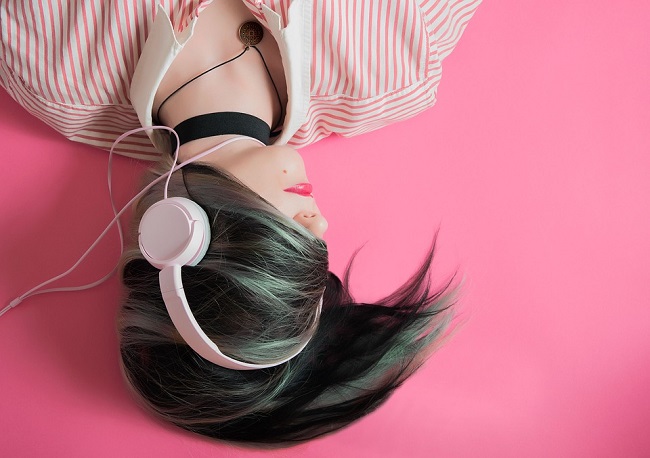
Image Credit
Listening to music is one of the simplest pleasures in life but can, unfortunately, be harmful to hearing health. However, it is possible to enjoy the music you love without causing damage to your hearing. Here’s what you need to know.
How does music harm hearing health?
The music itself is not the issue when it comes to hearing health; it’s the volume. Sounds over 85 decibels are considered to be harmful to hearing if exposure is prolonged; for reference, an average hair dryer will reach between 70 and 85 decibels when used at full power.
What problems can loud music cause?
Listening to music at loud volumes can cause two conditions: hearing loss (where the ability to hear is permanently reduced) and tinnitus (where a person “hears” sounds, such as ringing or beeping, that are not actually present). The damage is usually cumulative, and is usually identified in later life when people seek testing for tinnitus or attend a hearing test after noticing they may be experiencing the symptoms of hearing loss.
Is it possible to listen to music without damaging hearing?
Absolutely. Here are a few tips to keep in mind:
- Whenever you are listening to music, always keep the volume as low as you possibly can.
- On occasions when you do want to increase the volume, do not exceed more than 60% of the total volume capacity available. Helpfully, many modern devices, such as smartphones, will warn you if you turn the volume up beyond a safe level.
- How you listen to music is also an important consideration. If possible, avoid listening to music directly; instead, play your chosen songs via a computer or other electronic device that plays music to the entire room. In situations where this is not possible, use headphones rather than earbuds to help protect your ears.
- Avoid listening to music for sustained periods of time, even when you have kept the volume within the safe limits. Turn the music off every hour or so in order to give your ears the chance to recover a little.
- If you can, try to avoid listening to music a few days per week. While volume is the most significant factor, how frequently you listen to music can also influence the health of your hearing, so a few “days off” can give your ears the chance to recover.
What about attending live music events?
Live events can cause significant damage to hearing; rock concerts, for example, can easily exceed 100 decibels. To avoid hearing damage caused by live events, it’s usually best to invest in ear protection – earplugs and earmuffs can both work well in this regard, or combine both if you want an extra level of protection.
In conclusion
By following the advice above, you should be able to protect the health of your hearing and still indulge your love of music. However, it is still worth visiting a hearing health professional for hearing or tinnitus testing, just to ensure that the measures we have suggested above are protecting your hearing as you would expect.
